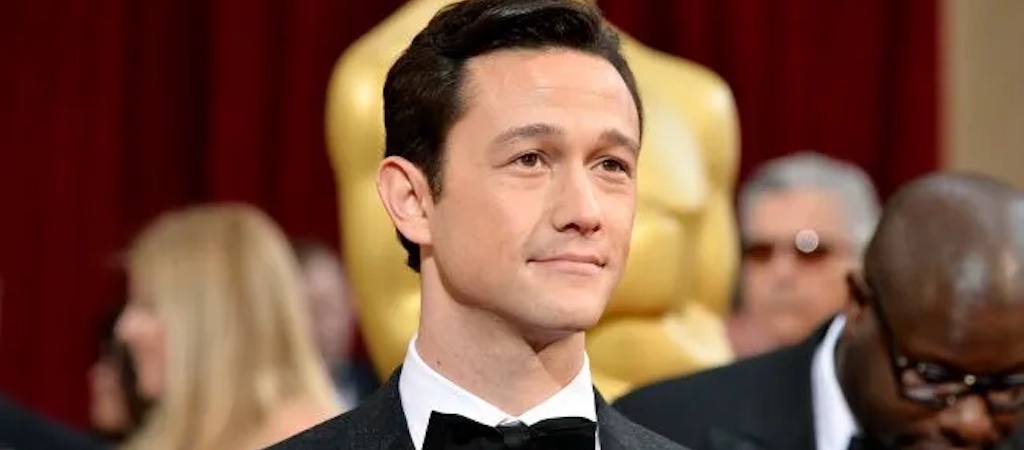
In a scathing op-ed published by the Washington Post, actor Joseph Gordon-Levitt argues that actors, writers, and anyone whose job is threatened by Artificial Intelligence deserves to be paid in residuals.
That issue is a focal point of both the WGA and SAG-AFTRA strikes — the pennies artists are getting paid by streaming platforms despite the shows they starred in, some of them decades old, still generating subscribers and revenue for these tech companies. Actors, especially working actors, survive off these residual checks, as do the writers that create the very films and TV series that earn studios billions each year. It’s a grossly shocking pay gap that should’ve been addressed a long time ago, but the invention of AI has now pushed questions of ownership and copyright law to the forefront. And that’s where Gordon-Levitt comes in.
In his piece for the Washington Post, the actor argued that Generative AI doesn’t generate anything without human input. In fact, it’s a stretch to call it “intelligence” given that it simply spits out combinations of data it’s been trained on.
“…Like the Wizard of Oz bellowing, ‘Pay no attention to that man behind the curtain!’ What’s behind the curtain of AI?” Gordon-Levitt asks. “The cost of the human labor it took to produce the training data. ‘Generative AI’ cannot generate anything at all without first being trained on massive troves of data it then recombines. Who produces that training data? People do. And those people deserve residuals.”
And while studios and tech companies are some of the first to hope that AI can rapidly reproduce the work of human employees at a fraction of the cost, Hollywood won’t be the last industry to use AI to put people out of work.
“This principle holds true whether we’re talking about entertainers, doctors, engineers or pretty much anyone whose work involves a computer,” Gordon-Levitt says while arguing that anytime AI generates revenue from data it’s trained on, the people who created that data deserve a cut of the profit. “AI can’t do our jobs yet, but it might be able to soon. And people whose jobs are threatened by AI will be the same people who produced the data used to train it. A new kind of residual for these human data producers could potentially provide some much-needed economic relief.”
Now putting this into effect would mean updated copyright laws, the government taking a firmer stance on tech overreach, and corporate overlords actually caring about their workers instead of the bottom line. But maybe, if we can make AI pay for the work it steals, we can keep it from taking our jobs completely.
Check out Gordon-Levitt talking about his piece below:
(Via The Washington Post)
